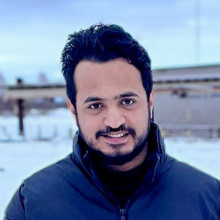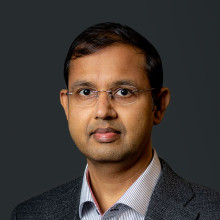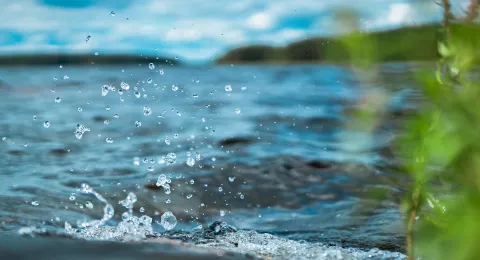From the raw materials and production processes all the way to the final stages of a product life cycle, chemical engineers have the possibility to steer industries towards sustainability. Our chemical engineering master's programmes offer the opportunity to tackle environmental problems from different perspectives.
Read more about the programmes:
Master’s Programme in Biorefineries
The Master’s Programme in Biorefineries equips student with in-depth expertise in renewable raw materials. The curriculum of this programme encompasses a diverse array of technologies and materials, ranging from wastewater treatment to separation technologies, all within the context of the rapidly evolving bioeconomy.
The programme focuses particularly on fibre-based materials, bioeconomy principles, and circular economy practices.
Graduates are able to critically assess and discuss the transformative impact of biorefining on the future, offering valuable insights to renew and reshape a company's strategy.
Master's Programme in Chemical Engineering for Energy Transition
In the Master's Programme in Chemical Engineering for Energy Transition, students delve into the intricacies of process development and design. The programme equips students with a comprehensive understanding of traditional chemical engineering principles, including the modelling of unit operations, separation processes, process simulation, and computational fluid dynamics.
Combining the fundaments of chemical engineering with the latest developments in converting renewable energy into chemical products, the programme challenges students to think beyond the energy transition and to consider the broader impact on ecosystems and resources.
This holistic approach prepares our graduates to be trailblazers in driving sustainable practices across industries.

Master’s Programme in Food Processing Technology
In the Master’s Programme in Food Processing Technology, innovation meets sustainability in the realm of the food processing industry. The curriculum of this programme emphasises processing technologies and unit processes integral to food manufacturing.
Students delve into a comprehensive array of mechanical and thermal processes, explore the intricacies of fermentation, adopt novel extraction methods, and gain an in-depth understanding of the rheology of liquids and suspensions.
This blend of theoretical knowledge and practical skills equips graduates to drive advancements in the food industry, contributing to a healthier and more sustainable future.
Master’s Programme in Water Technology
The Master’s Programme in Water Technology is dedicated to fostering optimal resource utilisation and advancing water recycling practices. In this programme, students acquire scientific knowledge and advanced skills essential for addressing real-world challenges in water and wastewater treatment.
The curriculum of this programme emphasises the recovery of resources and water recycling, equipping graduates with the expertise to contribute to sustainable water solutions.

Apply to our master’s programmes:
Regular admission to all master’s programmes is 1 December 2023–17 January
2024. Apply to the programmes in studyinfo.fi by filling in the online application
form and attaching the required documents. If you have any questions regarding
the application process, contact our admissions services at admission@lut.fi.


